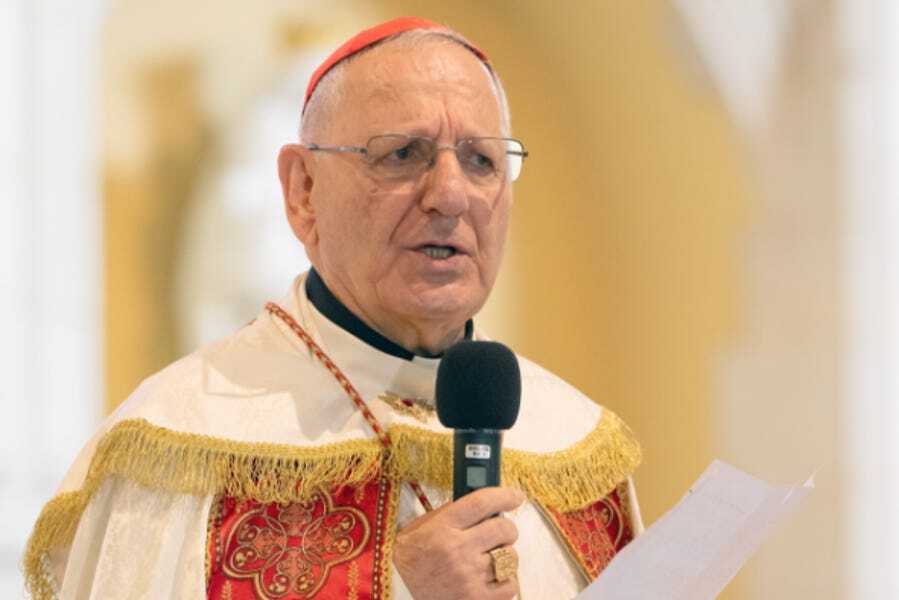The leader of the Chaldean Catholic Church — one of the 23 Eastern Catholic Churches in full communion with Rome — left his residence in Baghdad in July. He relocated to the autonomous Kurdistan Region, where around half a million Iraqi Christians have settled since 2003.
The move turned a spotlight on the cardinal’s difficult relations with two Iraqi political figures: the country’s President Abdul Latif Rashid, and Rayan al-Kildani, the leader of the Babylon Brigades’ militia and its political wing, the Babylon Movement.
It was President Rashid’s decision to revoke a 2013 presidential decree recognizing the cardinal as the head of Chaldean Catholics and the person responsible for its assets that prompted Sako to abandon the Iraqi capital.
Al-Kildani’s Babylon Brigades, meanwhile, have pursued what Sako has described as a “deliberate and humiliating campaign” against him.
What is the 74-year-old cardinal seeking through his relocation to Erbil, the capital of Iraqi Kurdistan? How bad is the current crisis? And does he feel personally secure?
The Pillar asked him in an email interview conducted Aug. 2.
This interview has been edited for length and clarity.
Patriarch Sako, Catholics outside Iraq may find it difficult to understand the current situation, in which you have moved from Baghdad to Iraqi Kurdistan. Is it possible to explain what has happened in relatively simple terms?
Iraqi President Abdul Latif Rashid’s decision to revoke his predecessor’s pronouncement acknowledging me as Patriarch of the Chaldean Catholic Church means that in the eyes of the state, I lack the authority to administer ecclesiastical properties.
The decree was issued 10 years ago. This decision is the first time in the history for 14 centuries [that the head of the Church hasn’t been officially recognized by the authorities].
The patriarch was granted a decree from Abbasid caliphs called baraa, from the Ottoman Empire called farman, and from the king of Iraq and during the Iraqi Republic.
There are canonical bases for this decision.
It is obvious that the militia group of Rayan Al-Kildani is pushing the president to do that, aiming of intimidation against him, seizing the homes of Christians, and conspiring to take control of Church properties.
These politicians want to silence me and stop me from speaking up for human rights and dignity and to claim a state of citizenship, equality, and justice.
How big do you think the present crisis is compared with other trials that the Chaldean Patriarchate has experienced?
Christians and Muslims are concerned about the withdrawal of the decree. I moved to Erbil as an act of protestation unless the decree will be returned back.
Do you feel personally safe in the present circumstances?
I am not afraid at all. I am a consecrated person. I am ready to give up my life for the Church (Christ) and my homeland. I have had many, many statements of solidarity from many Muslims as well as Christians.
Is the Holy See playing a role in efforts to resolve the situation?
The Holy See is watching!
What would be the best resolution to this crisis?
I had lodged a complaint with the Supreme Court about the reversal of the decree. I am confident I will get it.
You’ve led the Chaldean Catholic Church through many challenges since 2013. What is your greatest hope for the future of the Church in Iraq?
My hope is a civil and democratic regime, and not sectarian. I hope that the Church will keep its prophetic voice to stand by the oppressed and poor people and Christians can enjoy their rights as others with freedom and dignity. Christians should be courageous to raise their voice and claim their rights.
You’ve mentioned in the past that you would like to retire when you turn 75, on July 4, 2024. Is that still your intention?
I hope so.
By LUKE COPPEN | pillarcatholic






